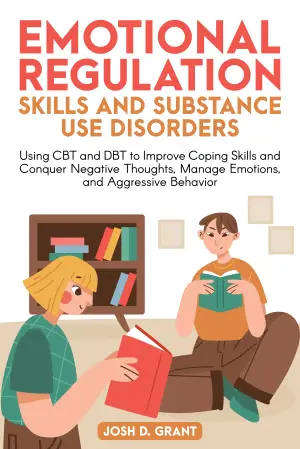I recently had the pleasure of delving into The Book of Alchemy by Suleika Jaouad, a guide to journaling that not only provides practical techniques but also serves as a meditation on life’s intricate questions. I’ve always been a fan of self-exploration through writing, so the concept of using a journal to navigate both personal and collective challenges particularly captivated me. I was eager to find out how this book, with contributions from renowned writers and thinkers, would resonate with my own understanding of the journaling practice.
From the onset, I was impressed by Jaouad’s inviting prose and the depth of her insights. The book is masterfully segmented into themes—new beginnings, love, loss, and rebuilding—that make it easy to navigate and relate to. Each chapter includes essays followed by what the author terms “journal entry suggestions,” crafted by various contributors. Personally, I found these essay-driven prompts to be more than mere writing exercises; they sparked meaningful introspection.
One of my favorite aspects echoed what reviewer David Terry mentioned: the rich mental imagery that filled the pages. His reflections on how each story left a lasting impression resonated with my experience. I frequently turned back to several essays, finding new meanings each time. For instance, one passage described the grandeur of nature with such breathtaking detail that it evoked an immediate sense of awe and connectedness.
However, I did find a couple of drawbacks worth mentioning. While the book is structured thoughtfully, some readers might find the distinction between "prompts" and "suggestions" a bit ambiguous. I agree with Terry that some may hesitate to call them prompts, as they can feel more like invitations rather than prescriptive tasks. Furthermore, while the essays are profound, the sheer number of voices could sometimes dilute the impact of individual stories, making it harder to deeply connect with some of them in a single read.
That said, it is precisely this variety of perspectives that can be one of the book’s strengths. As mentioned by reviewer Linda Lochridge, each prompt brings its own flavor, ranging from nostalgic to evocative, which can stir a rich tapestry of emotions. It’s a delightful surprise to engage with the diverse thoughts of so many talented writers—Martha Beck, John Green, and Nadia Bolz-Weber, to name a few—making every turn of the page feel like a fresh encounter.
In terms of user experience, I found the book to be an excellent companion for morning coffee sessions. Like Linda, I eagerly anticipated the daily journal prompts, which transformed my writing routine into a reflective ritual. This book has certainly helped solidify my journaling practice, making it a rewarding endeavor rather than a chore.
To align with the official description, it bears noting that Jaouad has created a life-altering guide steeped in the art of creative expression. Her assertion that “a creative response can be found in every moment of life—regardless of what is happening in the world” rings true, especially in today’s fraught climate where self-examination is vital. This sentiment is beautifully encapsulated in Elizabeth Gilbert’s endorsement, as Jaouad’s heartfelt approach feels like a warm invitation to explore one’s innermost thoughts.
In conclusion, I wholeheartedly recommend The Book of Alchemy as an inspiring guide for anyone interested in journaling or looking for a path to self-understanding. While it may not be perfect, its strengths far outweigh its minor limitations. Whether you’re an experienced journaler or just embarking on your writing journey, this book will surely provide you with the tools, direction, and emotional insights needed to hold the myriad experiences of life in one hand—both the brutally challenging and the astonishingly beautiful. Grab a copy, settle in with your favorite beverage, and let the journey begin!








